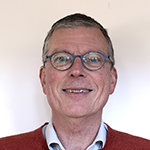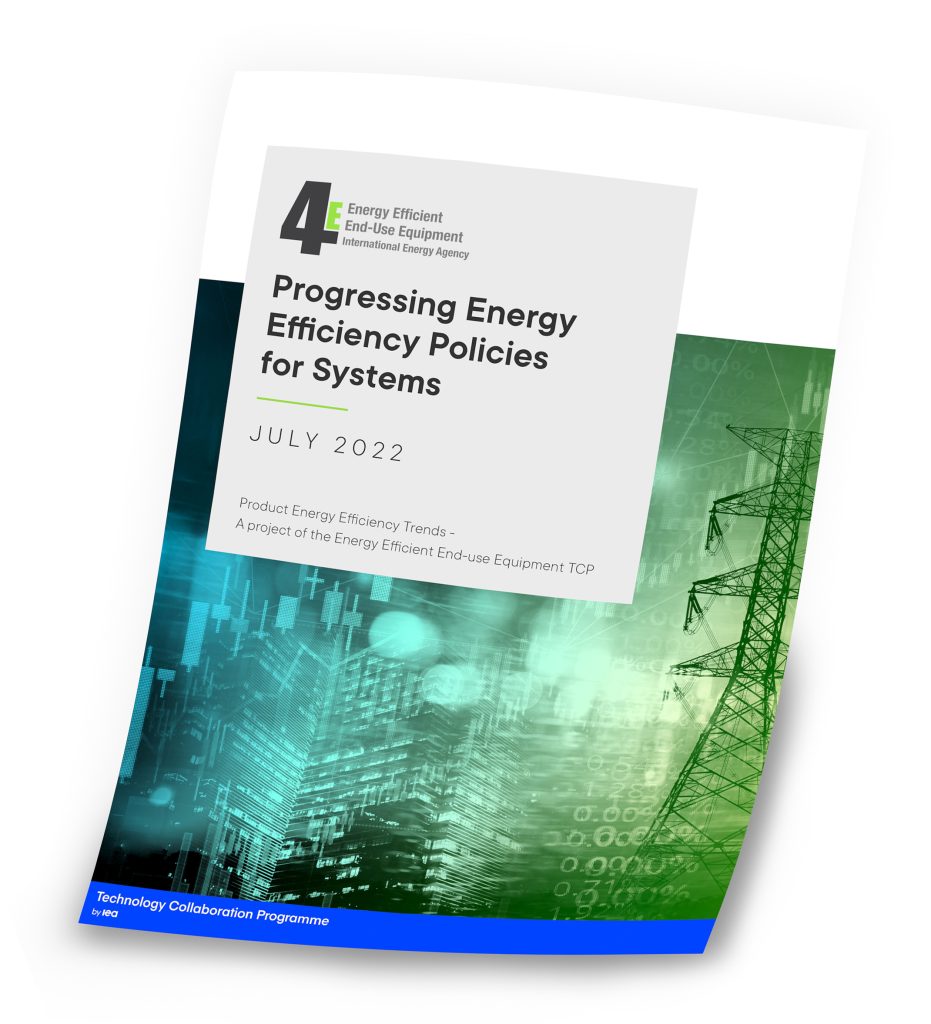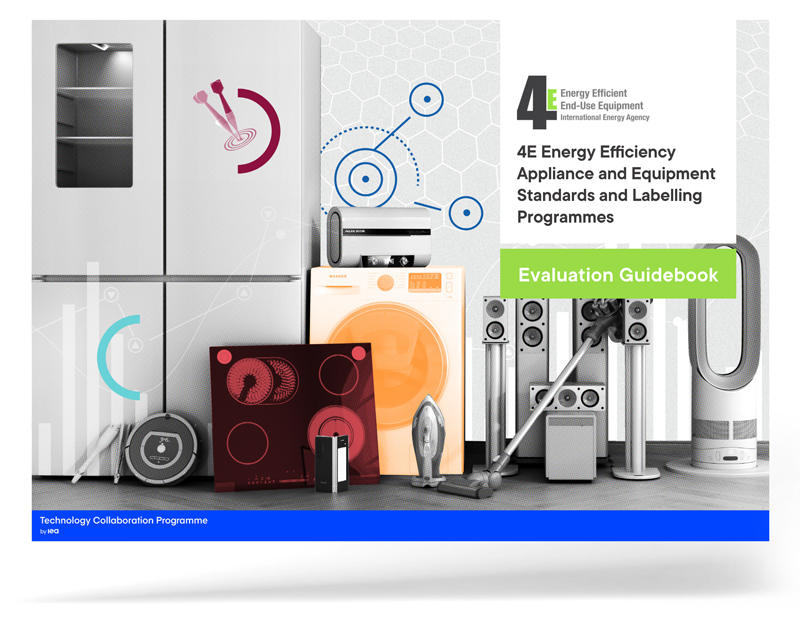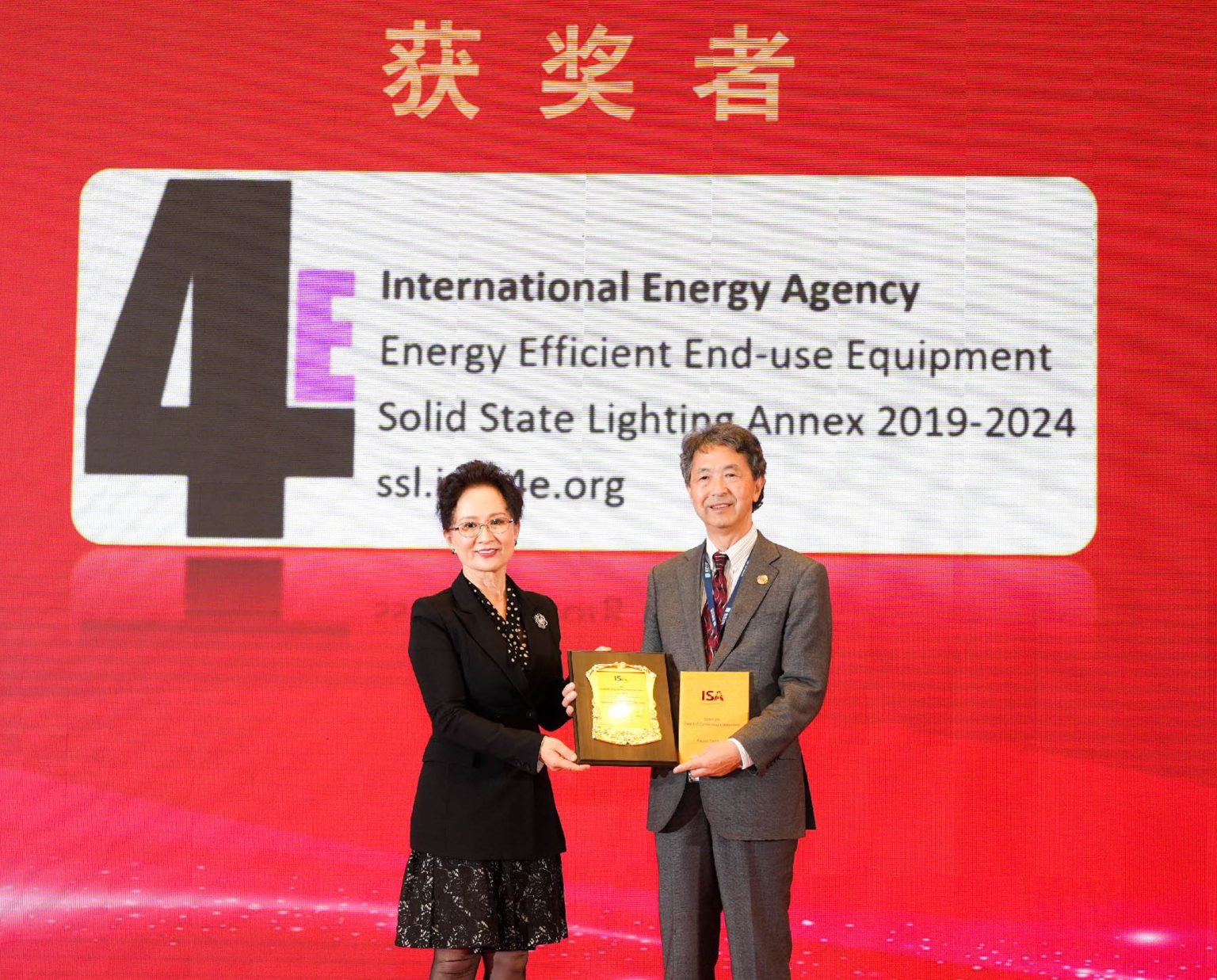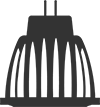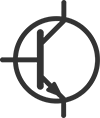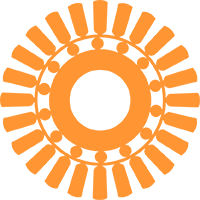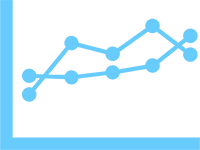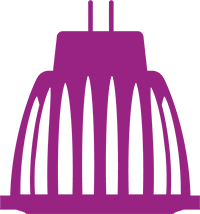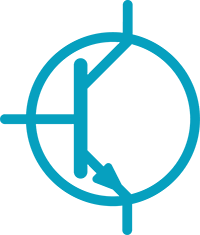The Role played by 4E
We highlight the role of energy efficiency as the "first fuel" as a key pillar in the global energy transition towards net-zero GHG emissions in 2050. We emphasize the value of energy efficiency and energy savings across all sectors in enhancing energy security, access and affordability; reducing GHG emissions and mitigating environmental impacts; and creating economic growth and reducing energy poverty.
G7 Ministers of Climate, Energy and the Environment, 15th - 16th April 2023, Sapporo, Japan
4E aims to promote energy efficiency as the key to ensuring safe, reliable, affordable and sustainable energy systems.
Vision
4E’s vision is to see products and systems optimised to accelerate the transition to a safe, reliable, affordable, and sustainable energy future
Mission
4E engages with member governments to accelerate their clean energy transition through improved and innovative energy efficiency and decarbonisation policies for products and systems. 4E is an international platform for collaboration that harnesses the expertise of governments, industry, experts and other organisations focused on the development and deployment of energy efficient equipment and systems within all non-transport sectors.
Feedback from 4E Members, 2022

